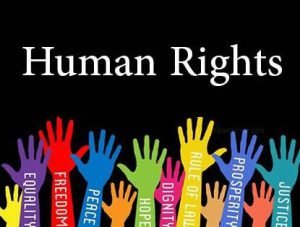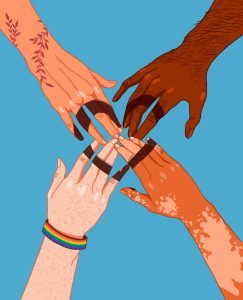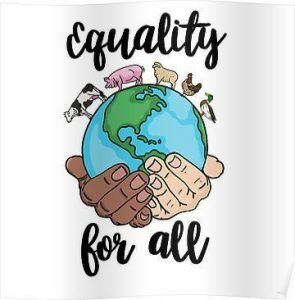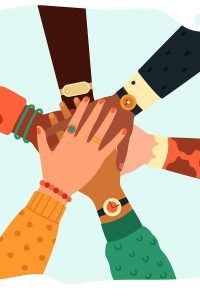Human rights are the basic rights and freedoms that are entitled to every human being, regardless of race, gender, religion, nationality, or any other status. These rights are essential for the creation of a just and equitable society. This article will discuss the concept of human rights, their evolution over time, and their importance in upholding dignity and equality for all.
The universal declaration of human rights:
The Universal Declaration of Human Rights (UDHR) was adopted by the United Nations General Assembly in 1948. The UDHR sets out the fundamental human rights that should be guaranteed to every individual. These rights include the right to life, liberty, and security of person, freedom of expression, freedom of religion, the right to education, and the right to participate in government. The UDHR forms the basis of international human rights law, and it has been instrumental in promoting human rights around the world.
Inalienable Rights:
One of the most important aspects of human rights is that they are inalienable, meaning that they cannot be taken away or forfeited under any circumstances. This is because human rights are based on the inherent dignity of every human being, and they cannot be waived or compromised in any way. The right to life, freedom from torture, and freedom of thought, conscience, and religion are just a few examples of the inalienable rights to that every person is entitled to.

Violations of Human Rights:
Despite the widespread recognition of human rights, violations continue to occur in many parts of the world. These violations take many forms, from discrimination and harassment to torture and extrajudicial killing. In many cases, these violations are perpetrate by governments or powerful individuals who seek to maintain their hold on power or suppress dissent. However, human rights abuses can be difficult to detect and prevent; but education and awareness-raising are effective tools for combating these violations.
Education and Awareness-Raising:
One of the most effective ways to combat human rights abuses is through education and awareness-raising. This means educating people about their rights and empowering them to assert those rights. Further, It also means educating governments and other powerful actors about their obligations to respect and protect human rights. By raising awareness about human rights. Hence, we can create a culture of respect and accountability that will help to prevent abuses from occurring in the first place.

Legal System:
Another important tool for protecting human rights is the legal system. International and domestic laws provide a framework for protecting human rights. And individuals who have been victimiz can seek justice through the courts. However, the legal system is not always accessible or effective, especially in countries where there is little rule of law. In such cases, it may be necessary to rely on other forms of advocacy and activism to pressure governments. And other actors to respect human rights.
Economic and Social Development:
Human rights are closely linked to economic and social development. Poverty, inequality, and discrimination can all undermine human rights. And efforts to promote human rights must take into account the economic and social factors that contribute to these problems. This means ensuring access to education, healthcare, and other basic services, as well as promoting economic growth and opportunity.

In conclusion, human rights are essential for the creation of a just and equitable society. They are universal and inalienable, and it is the responsibility of governments and individuals to respect and uphold them. Despite the progress that has build in the recognition of human rights, violations continue to occur around the world. To combat these abuses, we must raise awareness about human rights, and promote accountability. And work to address the economic and social factors that contribute to human rights violations. By working together, we can create a world where every person’s human rights are respected and protected.





